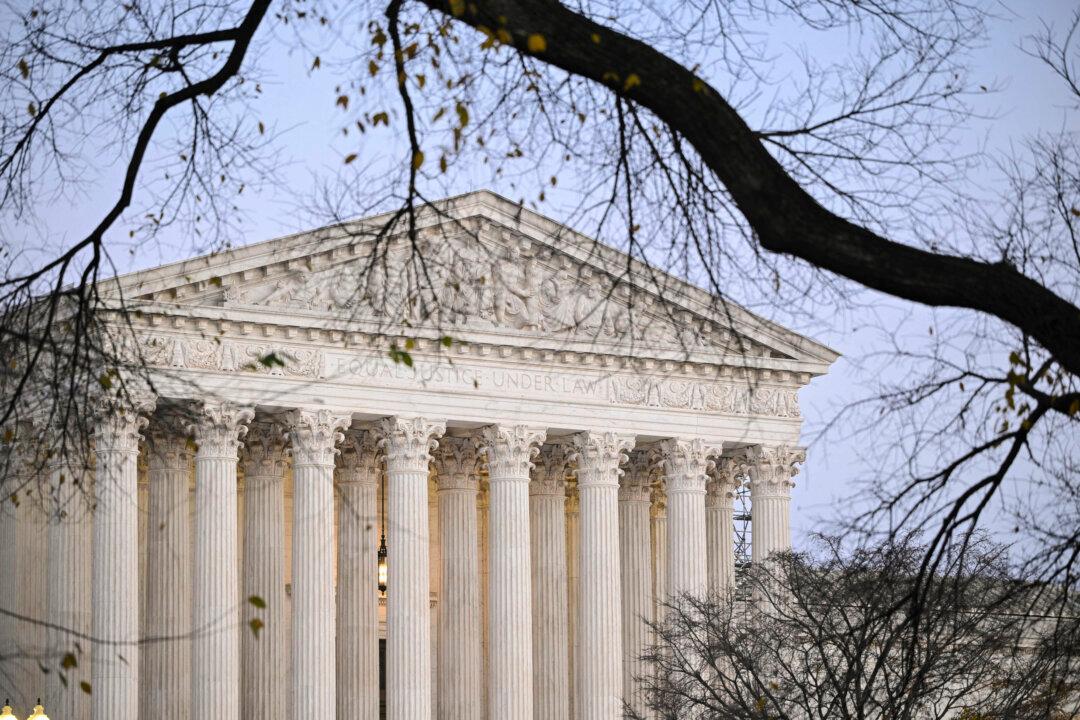The Supreme Court declined to take up the appeal of a school administrator who claimed a school district retaliated against her for drawing attention to a funding disparity in the construction of schools in black and white neighborhoods.
The Supreme Court denied the petition for certiorari, or review, in Warren v. Kemp, in an unsigned order on Feb. 26.





